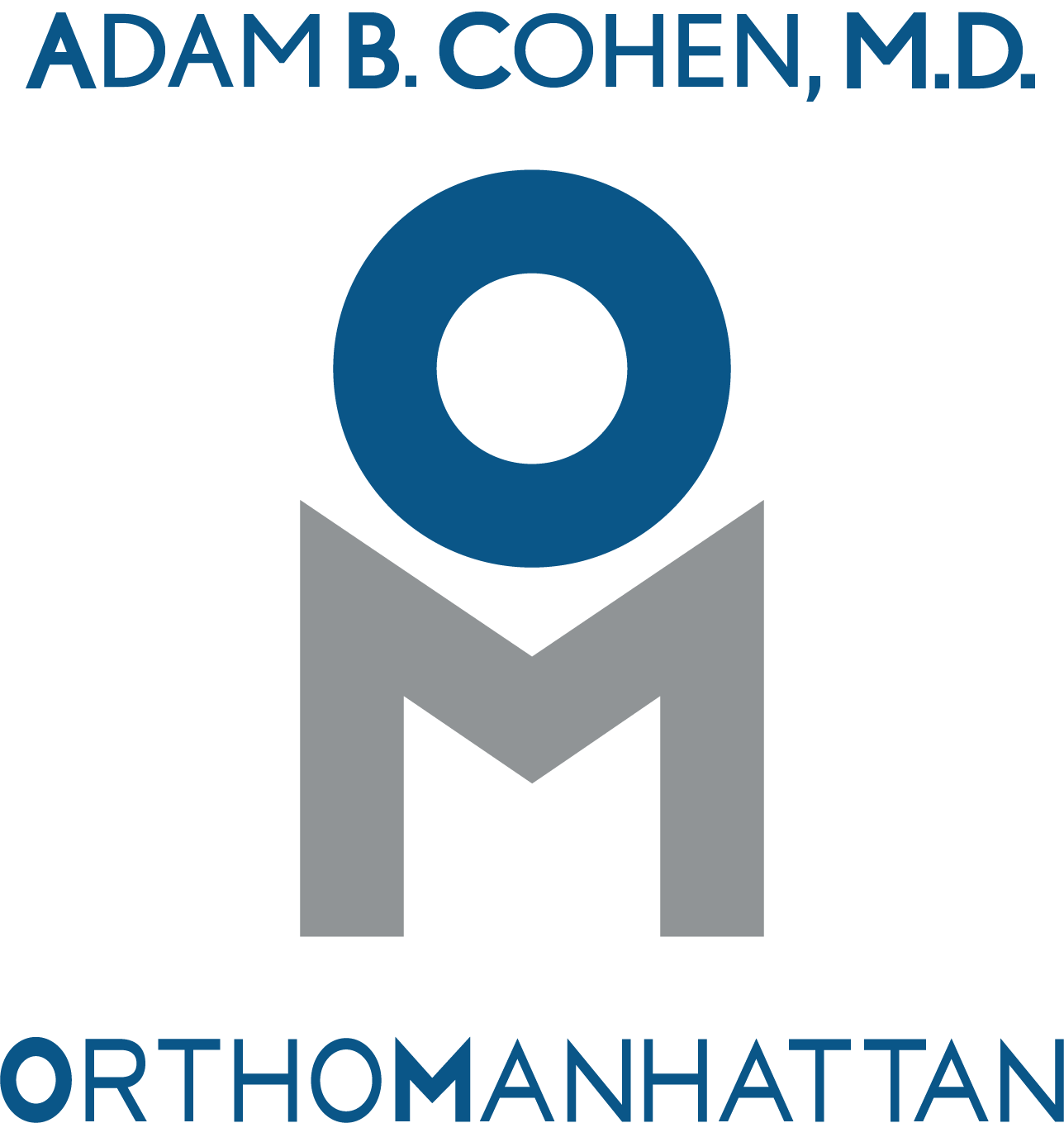Home > Knee Conditions > Medial Collateral Ligament
MCL
Overview
The medial collateral ligament (MCL) is a band of connective tissue that connects the thigh bone (femur) to the shin bone (tibia) and prevents the knee from bending inward. The MCL is the most commonly injured knee ligament. Injury can occur when doing activities that involve quick movements, bending or twisting such as soccer, skiing or football.
Symptoms
You may experience swelling, pain and tenderness on the inside of the knee. You also may feel a “pop” at the time of the injury. Often times, someone with a MCL injury will report that his or her knee feels unstable.
Examination
Your doctor will examine you, noting any swelling, tenderness, or range of motion deficits. X-rays will be ordered to evaluate the bony structures. Ultrasound may be used to visualize any swelling or soft tissue damage. Diagnosis can be confirmed with an MRI if deemed necessary.
Treatment
MCL injuries are graded on a scale of I (mild) to III (severe). Grade I injuries are generally treated with anti-inflammatory medications, rest and physical therapy. Grade II injuries often necessitate the addition of a knee brace to aid in recovery. Surgical intervention may be required for grade III injuries.
The majority of MCL injuries are treated non-operatively, and individuals can expect to return to their normal activities in 1-8 weeks, depending on the severity. Surgery may be indicated for people who hurt other parts of their knee at the time of the incident. You and your doctor will determine which treatment is best for you based on the severity of your injury and your activity level.


